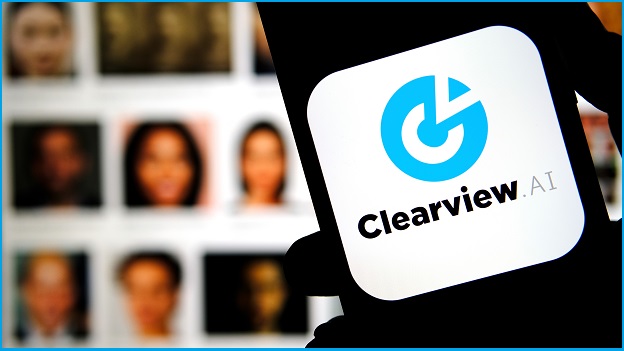Members of Australian police departments have been caught using a free trial of Clearview AI’s controversial facial recognition tool.
Email addresses from the Australian Federal Police (AFP), Queensland Police, South Australian Police (SAPOL), and Victorian Police were found on a Clearview AI client list that was leaked to the press after it was stolen in a data breach last week.
None of the departments confirmed to Information Age that they used Clearview’s software which has been highly criticised for its unethical – and potentially illegal – scraping and storage of biometric data from the internet.
SAPOL was blunt in denying its use of Clearview AI and did not provide further comment about using facial recognition technology.
Both Queensland and Victorian Police, however, said they use facial recognition technology but refused to comment on “operational methodology” or “the specifics of the technology”.
We know nothing
So if Buzzfeed News had exclusive access to the Clearview client list and explicitly named these police departments, why would they deny using the technology?
The most likely answer is that the departments simply didn’t know some their members had signed up for a free trial of Clearview AI – which requires a government or law enforcement email address.

Clearview wants to know who you work for when you sign up.
That departments may have been unaware of their staff using Clearview was evident during a parliamentary committee hearing last when Shadow Attorney General, Mark Dreyfus, asked AFP Commissioner, Reece Kershaw, about reports that the AFP had been using Clearview.
“I’d like to take that on notice until I’ve clarified information,” Kershaw said adding that his legal team needed “to do further digging” before he could give a full answer.
An AFP spokesperson told Information Age that it “requested the names associated with the accounts registered using AFP email addresses” but did not otherwise know who signed up for the service.
Board member of Electronic Frontiers Australia, Justin Warren, said in an email to Information Age that it was “disingenuous of any police department to assert ignorance” about Clearview AI given that reporters have been asking about its use since earlier this year.
“It is difficult to know which is of greater concern: that policing organisations appear unaware of how their officers are using official police systems, or that they are so unconcerned by potential misuse that they have done nothing to investigate the issue over the past month,” Warren said.
“Or perhaps they have, and are feigning ignorance? None of these possibilities inspires trust in the police services.”
Clearview in hot water
Since the New York Times reported on Clearview AI, the company has faced intense scrutiny from governments, corporations, and the public.
Social media platforms have disavowed Clearview, saying it violated their policies by scraping information from public profiles.
A new lawsuit seeking class action status has been filed against Clearview AI in federal court in SDNY. Interestingly the named plaintiffs, who have lived in Illinois, are suing under the Illinois' Biometric Privacy Act. They're suing in NY because Clearview is based there. pic.twitter.com/JOo79v7d5x
— Ryanyt 🙃 (@RMac18) February 13, 2020
Clearview has also found itself in court. Plaintiffs in one class action for breaching the Illinois Biometric Information Privacy Act which prohibits the collection and storage of biometric data without permission. The same laws were used recently to sue Facebook for $800 million.
Apple has also added to the company’s woes by blocking the Clearview iPhone app for violating its enterprise terms and conditions.
That came after versions of Clearview’s apps were found sitting in a public cloud storage bucket.










